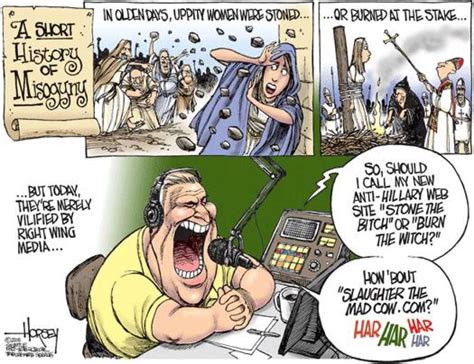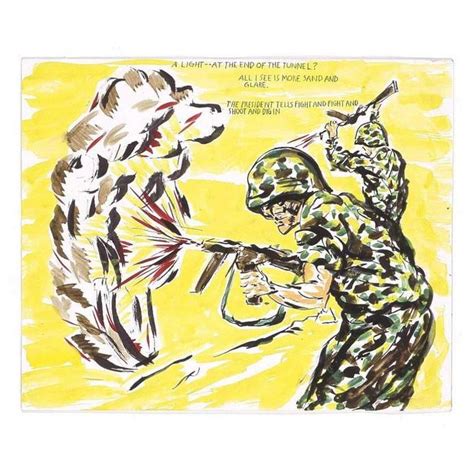A Quote by Umberto Eco
Political satire is a serious thing. In democratic newspapers throughout the world there are daily cartoons that often are not even funny, as is the case especially in many English-language newspapers. Instead, they contain a political message, and the artist takes full responsibility.
Related Quotes
Thomas Jefferson despised newspapers, with considerable justification. They printed libels and slanders about him that persist to the present day. Yet he famously said that if he had to choose between government without newspapers and newspapers without government, he would cheerfully choose to live in a land with newspapers (even not very good ones) and no government.
What has struck me about the political world, as opposed to the business world, is that rational discourse has become all but impossible. All too often, arguments are conducted not on the basis of facts but on the basis of emotion - and, honestly, it is no fun being abused in the pages of tabloid newspapers or online.
In the eight years I worked at newspapers, even during a little stretch when I was a film critic, I was never, ever doing exclusively criticism. In the daily newspaper world, much more value is placed on reporting than on thinking abstractly about art. The eight years I was in newspapers, I was mainly a journalist in the conventional sense, and just doing criticism when there were opportunities.






































